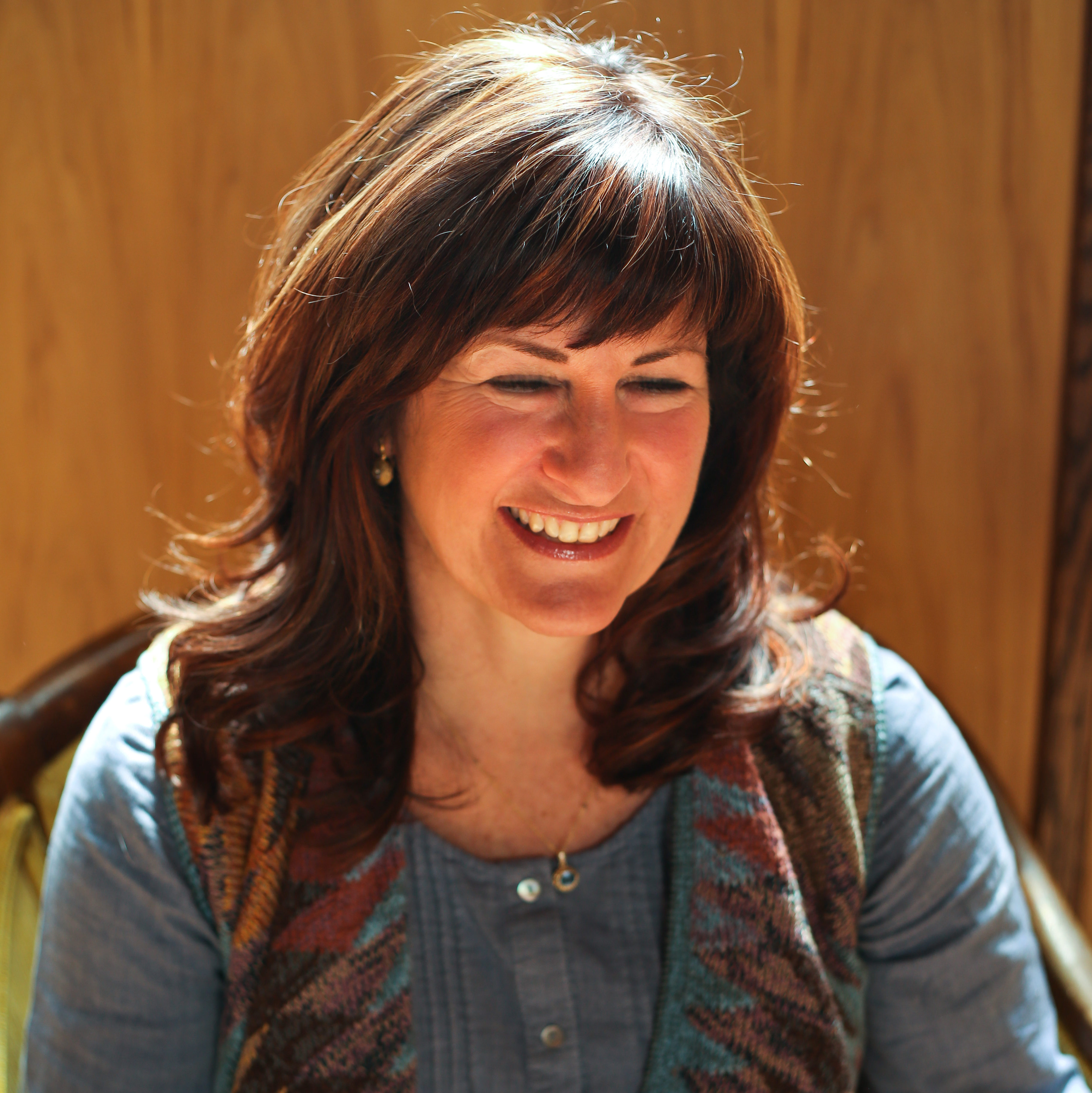“You need a nap,” was a phrase my mother impatiently slapped at us as kids, which meant (or felt like it did) that we were demandingly interrupting her busy-busy, overscheduled day. Yet, she probably needed a nap as much as we did.
Today, I am choosing to heed the whisper to nap, walk meanderingly, listen to birdsong, daydream. And rest.
Yes, a rested body feels better, senses more, performs better, and is healthier, kinder, and can respond to internal and external impulses with more spaciousness, compassion, and clarity.
Without words and demands for action, rested bodies can help regulate the nervous systems of other bodies around them. Imagine: consciously embracing a pandemic of peace and well-being as we shift out of the past year.
Don’t worry, you can still work hard and be crazy-busy, laser-focused, and achievement-oriented. Just adopt some balancing practices that will bring you out of stressful ways of being that ignite your instinct to fight, flight, or freeze (your sympathetic nervous system) and transport you into rest and digest (your parasympathetic nervous system).
Our sympathetic nervous system (SNS) is part of our body’s rapid, involuntary way of responding to dangerous or stressful situations, such as encountering a lion, having a head-on collision, or believing our child is lost. When the SNS is triggered, it activates the release of hormones for alertness, such as cortisol, adrenaline, and glucose; prompts the heart to pump blood more quickly to the muscles for strength and quick response; and causes breathing to quicken to better oxygenate the brain.
Meanwhile, our parasympathetic nervous system (PNS) restores our being to calm. The PNS brings blood pressure, breath rate, and hormone levels back to equilibrium. The functional working of the SNS and PNS is what balance and flow is all about — a partnership made in heaven.
No, no, no-no, no! Stress does not make you perform better, though the SNS’s hypervigilant state will create heightened concentration and enable you to push through deadlines and multitask with prowess. But that’s a short-term effect. Touting stress as a means for success is like saying the bully keeps the playground safe by helping regulate and inspire the behavior of others, or like saying the fierce inner critic makes us a better person.
Chronic stress is a source of disease. It’s contagious. And stress can be cruel when persistently inflicted on self or unleashed and hurled at others.
Like most aspects of well-being, balance is key in our ratio of downtime to focused activity and devotion to busyness.
Imagine the keen ability to multitask and concentrate coming from a place of calm and spaciousness. A rested body can be the playground that fosters this humane functioning.
The following are ways to foster rest in your nervous system and, thus, in your being, community, and humanity.
• Hold yourself and others in positive regard.
• Sense — smell, taste, touch, listen. Give your thinking brain and eyes recess.
• Take breaks from focusing, attending to, analyzing, assessing.
• Wonder more.
• Wander: through nature, thoughts, sensations.
• Slow down.
• Let your innocent curiosity tickle you.
• Listen to birdsong, the wind, rain, water.
• Nap.
• Do Yoga nidra or EcoNIDRA, deep relaxation techniques connecting mind, body, and heart.
• Forest bathe.
• Seek silence.
• Gaze at green — pastures, grasses, gardens, forests.
• Get a good night’s sleep.
James J. Herdegen, MD, section director of sleep medicine at Rush University Medical Center, reminded me in a recent conversation that just as we have forgotten what it is to be one with nature and one with ourselves in nature, we have forgotten that rest is an innate, biological function and a stable, essential practice — for all animals.
The restorative function of sleep, Herdegen says, is primal to our ability to interact with one another, to sense, understand, and recognize the world around us, and to successfully adapt.
Embrace sleep. Herdegen recommends that adults obtain at least seven-and-a-half to eight hours of sleep a night for optimal rest and recovery, though exact sleep needs vary based on age.
Herdegen’s advice for better sleep? Commune with dirt, animals, plants, and the rhythms of the natural world. Turn off the news, worries, and stress. Appreciate and live a purposeful life.
If not now, when?
Originally published in the Fall/Winter 2021 print issue.

Kathleen Aharoni is a movement and life coach, forest bathing guide, and author of the award-winning book I breathe my own breath! She has served on the faculties of Northwestern University and Columbia College.










